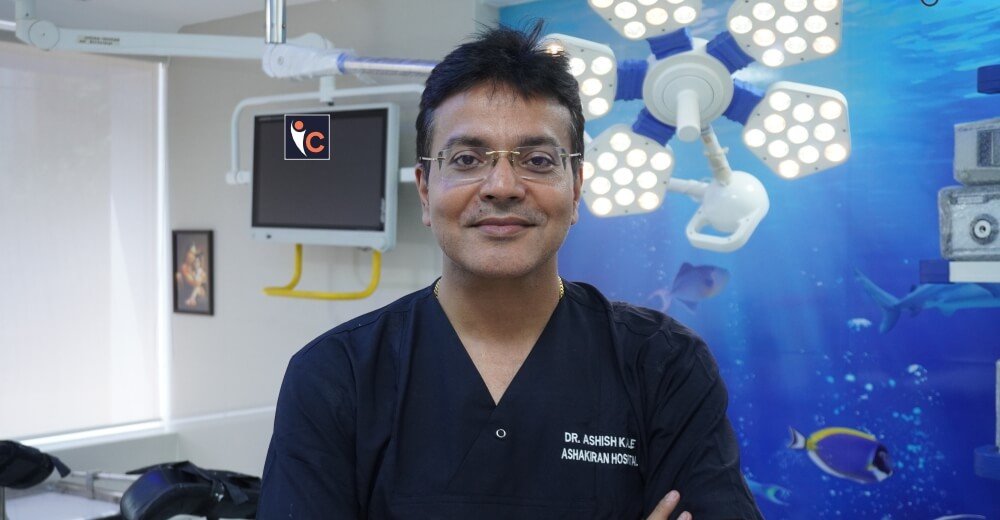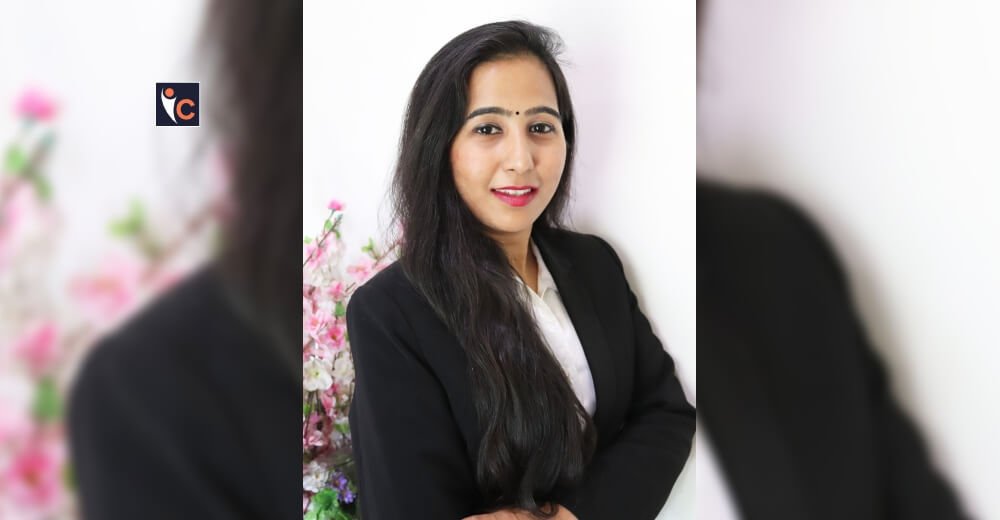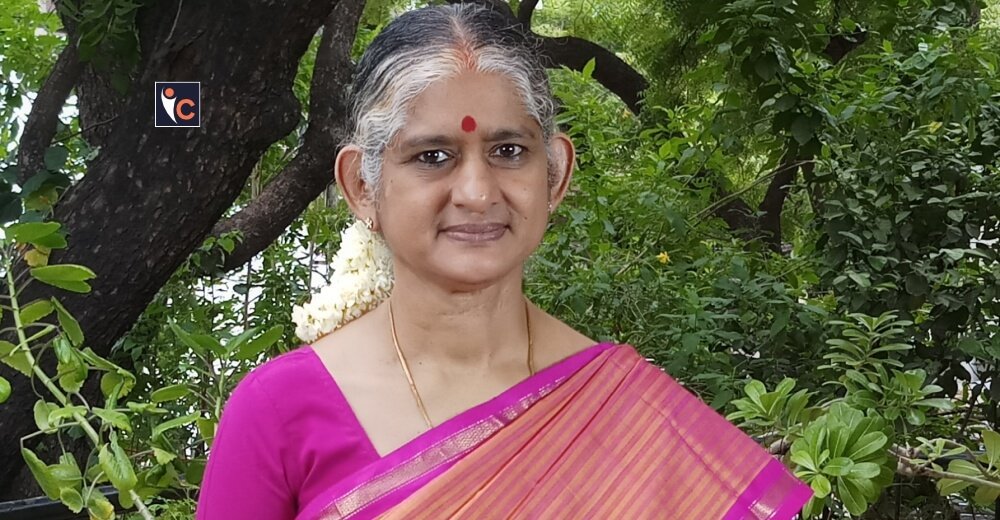In recent years, India has emerged as a global hub for advanced fertility treatments, offering world-class care at competitive prices. Among these leading institutions is Ashakiran Hospital & ASHA IVF CENTRE, founded by Dr. Ashish Kale. With his extensive training in endoscopic surgery and IVF from Germany, the USA, and Singapore, Dr. Kale has established a premier facility in Pune. His center is renowned for pioneering low-cost IVF treatments without compromising on quality, making advanced fertility care accessible to a broader population.
Let’s dive into the interview details below!
Can you introduce yourself and give an overview of your journey in fertility treatment and the establishment of your clinic, highlighting key milestones and achievements?
Dr. Ashish Kale is a trained endoscopic surgeon from Germany and IVF specialist from Cleveland University, Ohio, USA, and Singapore. After completing his training in these countries, he returned to India with the mission of bringing world-standard IVF practices to his homeland. In 2010, he established his centre in Pune, creating a world-class IVF lab with the latest techniques and technology. He was among the pioneers to start low-cost IVF in Pune and has the distinction of establishing the first IVF lab in Arunachal Pradesh, delivering the state’s first IVF baby. Additionally, he established the IVF and Endoscopy Centre in Congo, Africa. Dr. Kale has been elected to various national organizations, including Clinical Secretary of the Indian Society of Assisted Reproduction (ISAR), Treasurer of the Maharashtra chapter of ISAR, and Committee Chairperson of the Family Welfare Committee of FOGSI, representing 42,000 gynaecologists across the country. He is also frequently invited to national and international conferences to share his expertise on endoscopy, particularly in endometriosis surgeries, fibroid removal, and difficult ovum pick-ups.
What inspired you to specialize in fertility treatment, and how does your clinic cater to the unique needs of patients with various fertility challenges?
After returning from the USA, I realized the need for low-cost fertility treatment in this part of the country. I was committed to ensuring that reducing costs did not compromise the quality of treatment. I worked hard to balance quality and affordability and established my IVF lab with the highest international standards, incorporating the latest technology and techniques.
Over time, I recognized that one of the greatest challenges faced by my patients was the distance they had to travel to access high-quality treatment. To address this, I began establishing satellite centres around Pune to meet the basic needs of patients, minimizing the need for long-distance travel and reducing additional financial constraints.
Another challenge was the requirement for high-end laparoscopic surgeries. To meet this need, we set up an endoscopy unit within the same facility, allowing us to perform various surgeries such as fibroid removal, endometriosis treatment, septum correction, and Asherman’s syndrome. These complex procedures could not be effectively handled at smaller peripheral centres, particularly when performed laparoscopically.
How does your fertility center distinguish itself from others in India, and what sets it apart in terms of patient care and outcomes?
We offer international standards of care to all our patients, with a consistent success rate of 60% over the past 15 years. The trust our patients place in us has been a driving force behind our success. Our dedicated team of consultants, working under Dr. Ashish Kale, is specifically assigned to manage infertility cases, while another team focuses on endoscopy patients. Having all these services under one roof is a significant advantage of our centre. Additionally, we have a birthing unit to cater to the needs of high-risk patients conceived through IVF, ensuring comprehensive care from conception through delivery.
Could you discuss the state-of-the-art infrastructure and technology utilized at your clinic to provide cutting-edge treatment to patients?
We have a 3D system for high-end laparoscopic surgeries, essential for addressing complex pathologies such as endometriosis, large fibroids, adhesions, Asherman’s syndrome, septum, and sometimes ovarian or uterine cancer. This system ensures that these conditions are treated with utmost precision, allowing patients to be discharged within 24 hours.
Our IVF lab is equipped with cutting-edge technology, including laminar airflow systems, ICSI machines for male infertility, benchtop incubators for creating top-quality blastocysts, and facilities for laser and biopsy needed for PGT. We also offer embryo biopsy for patients at increased risk of miscarriages, those with genetic conditions, and women over the age of 35. The treatments we provide are tailored to meet the unique needs of each couple.
Infertility treatment can often be emotionally and psychologically demanding. How does your clinic address the emotional well-being of patients throughout their fertility journey?
Our clinic addresses these aspects by providing dedicated counsellors who meet with each patient to understand their concerns and offer counselling and therapy. Each couple is assigned a specific counsellor who supports them throughout their journey, recognizing that infertility involves not only the treatment process but also psychological and physiological challenges once pregnancy is achieved.
Additionally, we offer special meditation and yoga sessions, as well as deep breathing exercises, to help patients manage anxiety and reduce stress during their treatment.
Can you provide an overview of the comprehensive range of services offered at your fertility center, particularly focusing on reproductive medicine and infertility treatment?
We offer a comprehensive range of services, including 3D laparoscopy, hysteroscopy, IUI, ICSI, IVF, laser hatching, blastocyst transfer, and biopsy programs. Our centre also provides Day 5 embryo transfer, oocyte freezing (for social reasons or cancer patients), semen freezing, and surgical sperm extraction techniques such as TESA and PESA.
Lastly, what advice would you offer to individuals considering fertility treatment or starting a family, and what are your aspirations for the future of your clinic?
I recommend starting a family sooner rather than later, as female fertility declines after age 30. If marriage is delayed, egg freezing is a good option to preserve fertility. Couples should carefully consider all their options and be fully committed, as fertility treatments can be emotionally, psychologically, and financially demanding. Despite challenges, the results are worth the effort.
I plan to expand our services to other states, especially in northeastern India, where there’s a significant need for accessible and affordable fertility treatments. Our success in Arunachal Pradesh has shown us the demand, and we aim to address issues like accessibility, financial constraints, and social stigma by bringing top-notch care to more areas.
Strategies for Ensuring the Highest Standard of Care
Patient-Centred Treatment Plans:
- Tailored Solutions: Each treatment plan is customized to address the specific needs of individual patients.
- Detailed Analysis: A thorough history and analysis of every case are conducted to inform the treatment approach.
Standard Operating Procedures (SOPs):
- Consistency in Care: SOPs are established for every step in our hospital and IVF lab to ensure high standards.
- Precise Execution: Each stage, from patient recruitment and ovum pickup to embryo transfer, is executed with meticulous precision.





